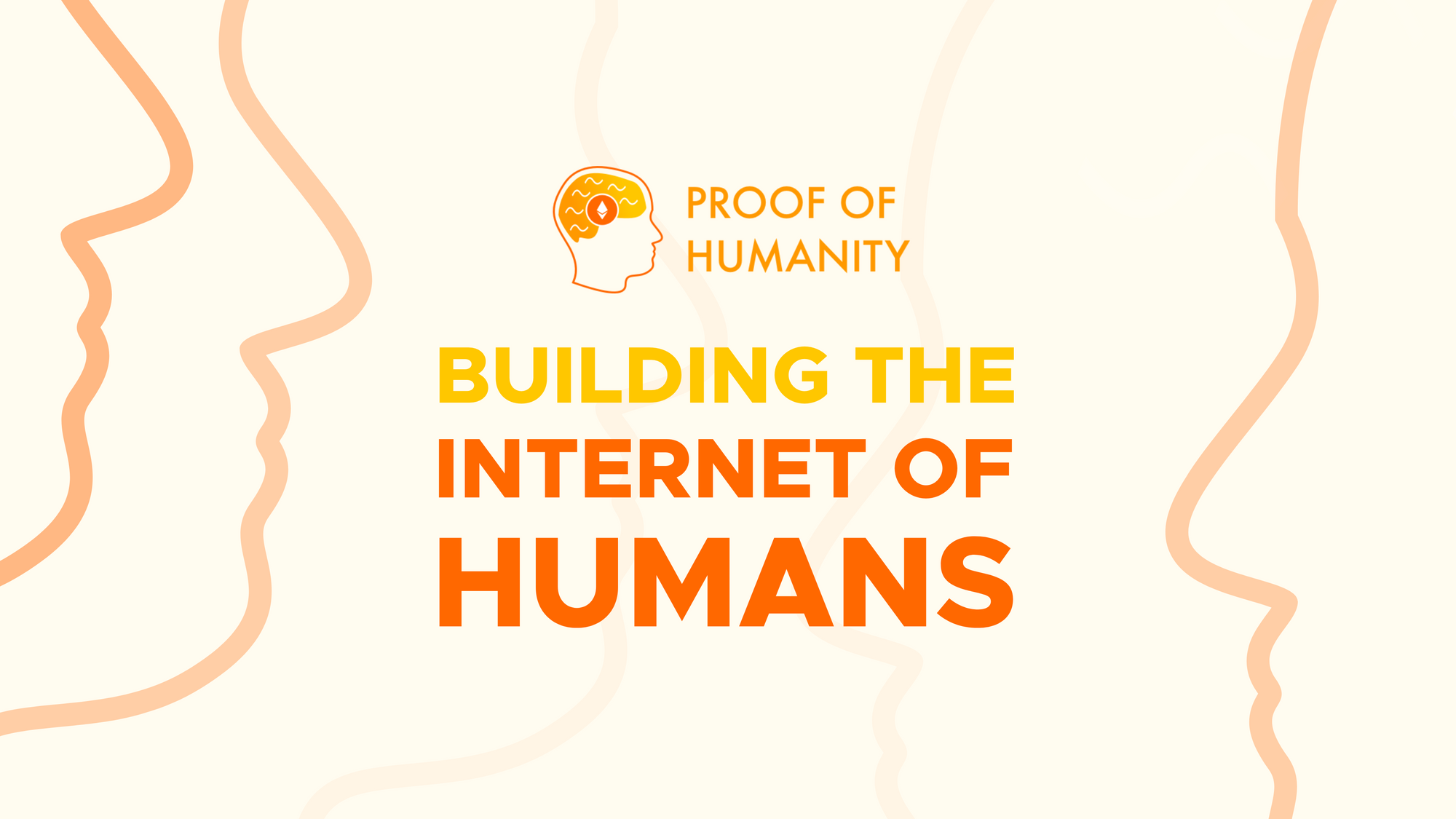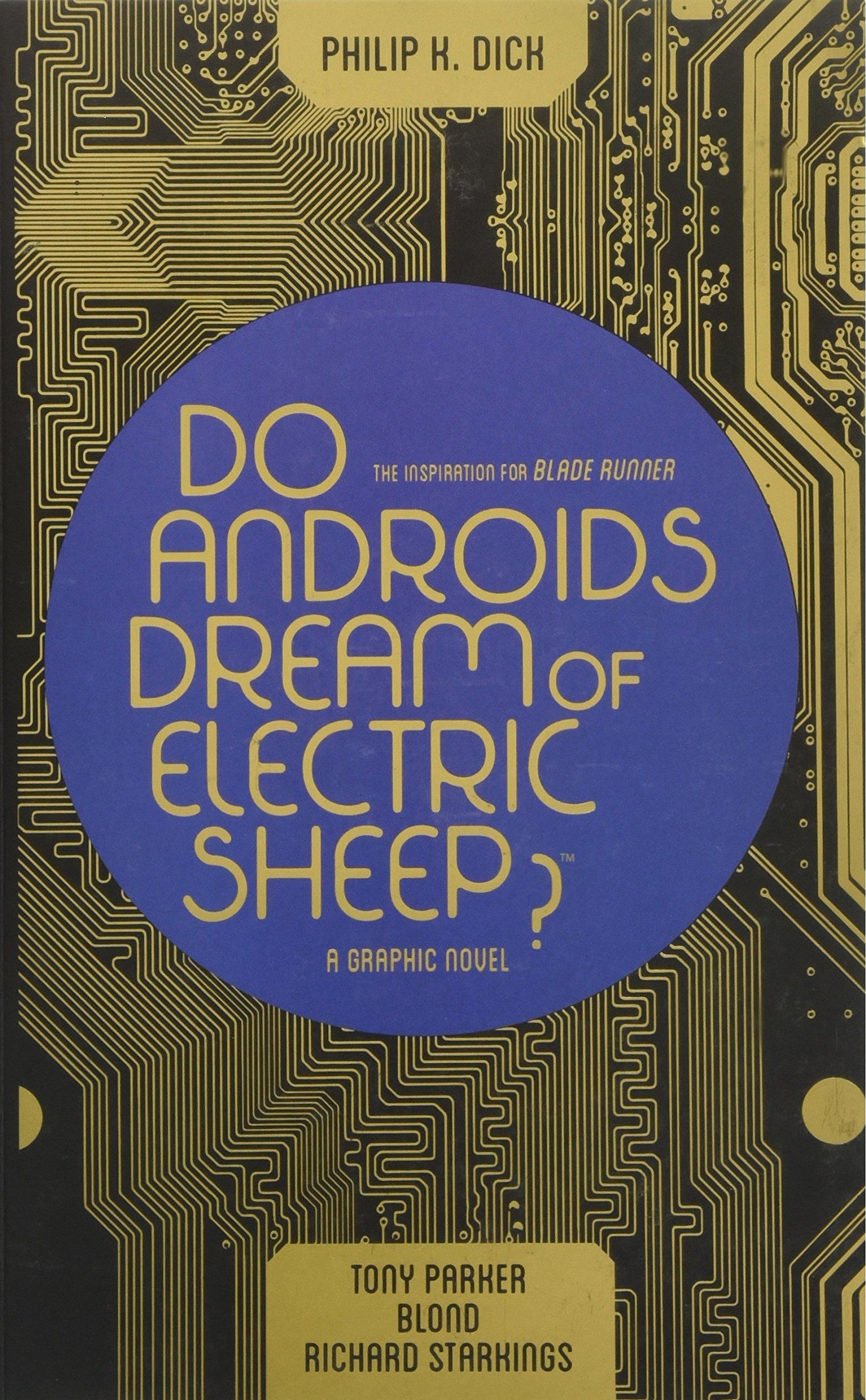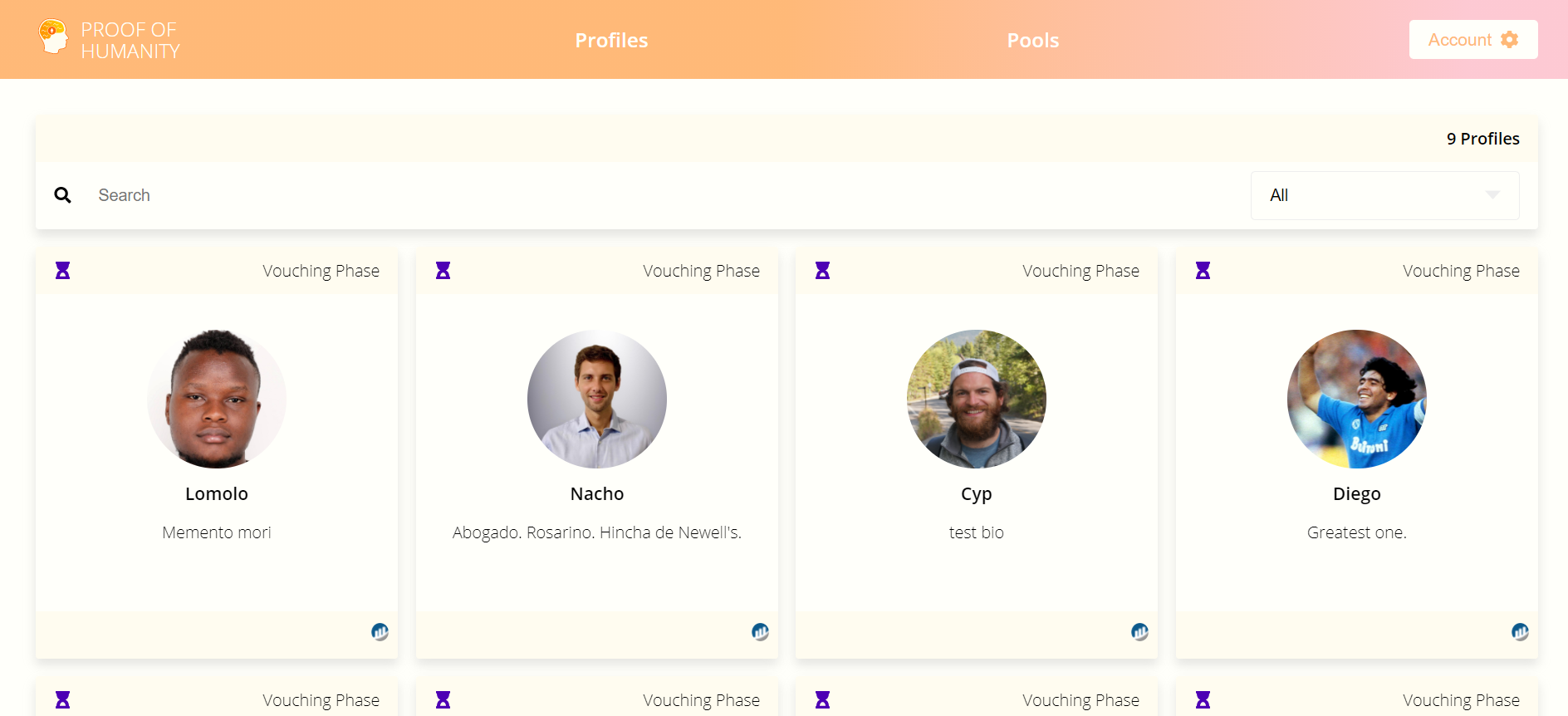Proof of Humanity: Building the Internet of Humans
We're proud to announce the launch of Proof of Humanity - a verified list of humans built on the blockchain.

"The one vulnerability being exploited across all systems is identity".
- Edward Snowden.
In his 1968 novel "Do Androids Dream of Electric Sheep?", science fiction author Philip K. Dick imagined a world where brigades of bounty hunters would search for replicant androids. In order to detect them, they would administer tests (like the famous Voigt-Kampff test).
In later editions of that book, the story took place in 2021.
That future is already here... though probably not in the way Philip Dick imagined. Replicants are not bioengineered beings looking like humans but internet bots conducting, in many cases, malicious activities.
In our digital interactions, we cannot know who is sitting on the other side of the screen. This enables AI manipulation through impersonation and the spread of misinformation by bad actors.
In a future where deepfakes (such as this really wild Tom Cruise) become commonplace, new methods of confirming identities of humans need to be put in place.
In the past, several attempts were made to create systems that are protected against both AI manipulation and Sybil attacks. But most have had limited success. Until now.
Enter Proof of Humanity.

Introducing Proof of Humanity
In March 2019, Kleros launched Tokens, a token curated registry for verifying cryptoassets. This curation technology was later used to validate investing strategies, to gather data for building insurance models and more.
Proof of Humanity uses a similar approach for building a decentralized list of humans based on video submissions and social validation.
When applying to the list, users need to provide a name, a short description, a photo and a short video which allows others to verify that the user is indeed human.
Then, he or she must be vouched for by an already confirmed identity. These identities put themselves at risk of being completely erased from the registry if they are found to have been attempting to register a duplicate or a bot, for example.
The vouching mechanism makes it harder for attackers to continue their potential assault on the registry, since they would immediately lose their identity if they fail in a second attack.
Read more about the PoH mechanism design in this explainer.

Universal Basic Income - The Future is Now
In collaboration with the Democracy Earth Foundation, the first application built on top of Proof of Humanity is already here: UBI, which distributes a universal basic income token ($UBI) to all registered users in the platform.
(More details on the mechanics of the UBI token can be found here).
But this is just the beginning.
Proof of Humanity opens the doors to a wide range of uses including insurance, credit scoring, quadratic funding and human DAOs. All of this, without a centralized actor controlling the process, with users maintaining full control over the network.
It's 2021 and the future is here. Be part of the Internet of Humans.
Visit Proof of Humanity and register today!
Join the Proof of Humanity Telegram group here.
Where Can I Find Out More?
Join the community chat on Telegram.
Visit our website.
Follow us on Twitter.
Join our Slack for developer conversations.
Contribute on Github.
Download our Book


